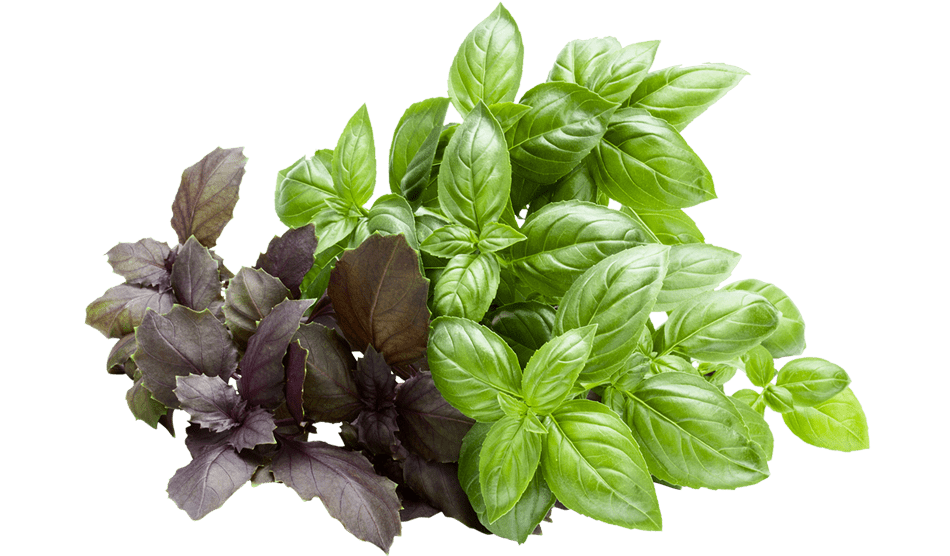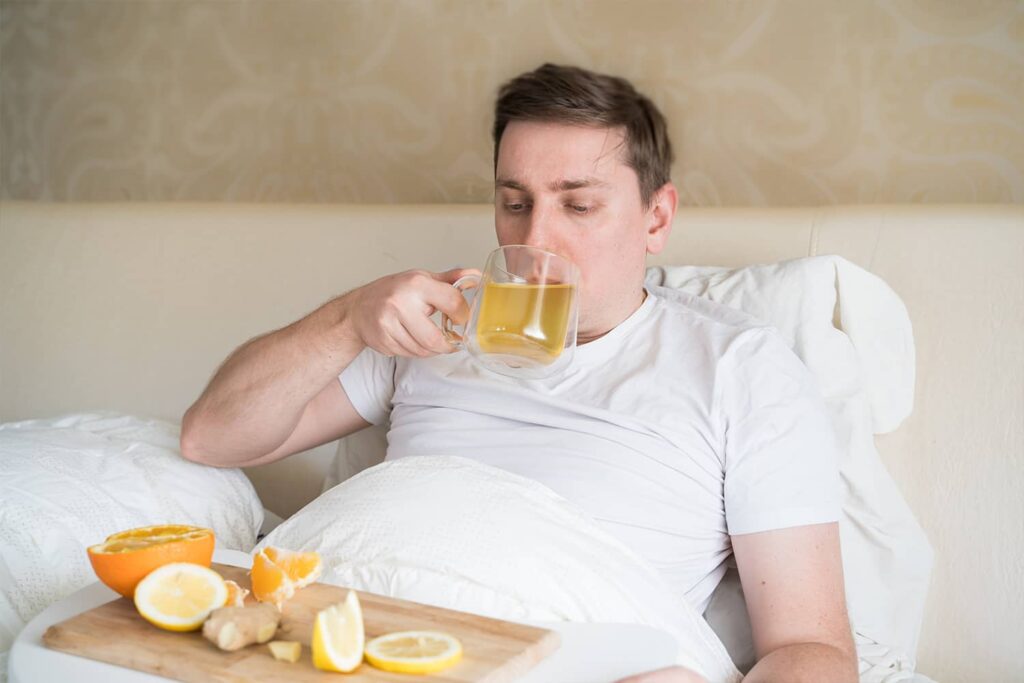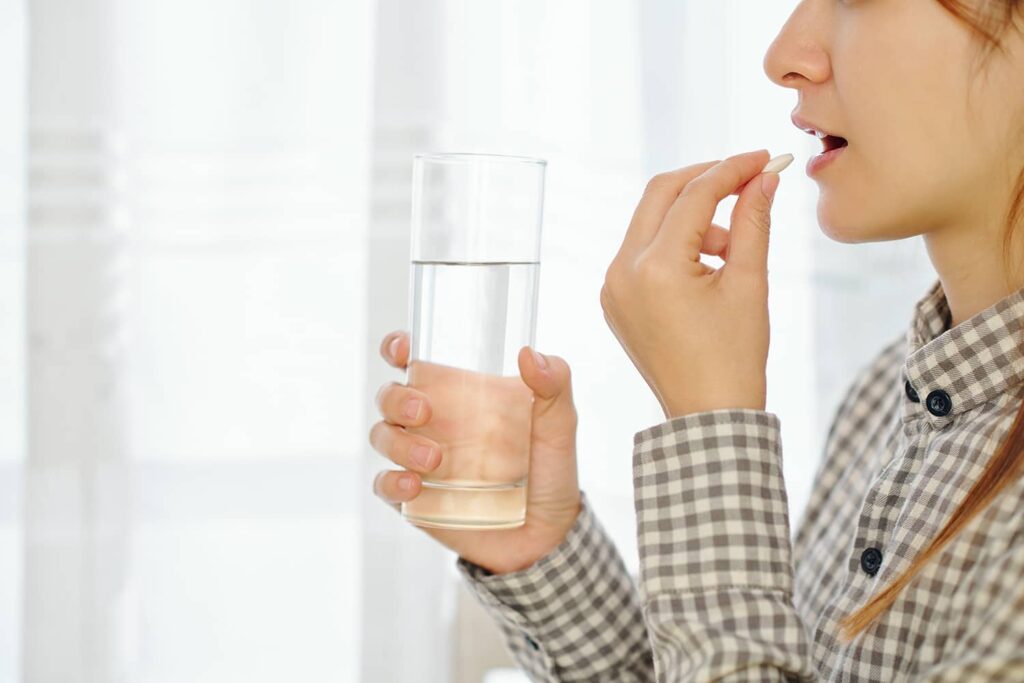
Frequently Asked Questions
What Is THCA Flower?
- Tetrahydrocannabinolic acid or THCA is one phytocannabinoid out of over 100 compounds and counting that are found in the cannabis plant. It is considered to be the precursor of the more well-known cannabinoid delta 9 THC.
- When the cannabis plant grows it matures and its buds begin to grow. As the buds grow, it develops its cannabinoid and terpene profiles.
- CBGA is known as the “mother” of all cannabinoids and it is the first compound to develop. The CBGA along with an enzyme known as THCA-synthase is what helps produce the THCA compound.
- THCA CBGA and CBDA are the acidic forms of the well-known THC, CBD and CBG compounds.
- As the plant ages, through natural heat and exposure to oxygen, carboxyl groups are slowly removed transferring these compounds into CBD, THC and CBG.
- The process is maximized through decarboxylation which fully activates the compounds into its delta opposite. This will ensure proper attachment to CB1 and CB2 receptors in the brain and body, and will elicit the same effects THC delta 9 is known to offer.
Is THCA Hemp Flower Legal?
- Production of American grown hemp THCA flower is legal under the 2018 Hemp Farm Bill.
- THCA is not a federally banned substance due to the 2018 Farm Bill.
- 2018 Farm Bill legally authorized the removal of hemp plants & associated cannabinoids
from the Drug Enforcement Administration (DEA) schedule of controlled substances.
Will THCA Get Me High?
- THCA does not deliver any type of euphoric effects when ingested raw.
- The THCA compound includes a carboxyl ring and it is this ring that prevents the THCA
from binding to CB1 receptors in the brain and CB2 receptors in the body. - When exposed to heat during vaporization or combustion, THCA Flower will convert to
THC delta 9 through a process known as decarboxylation
What Is Considered “High Level” THCA?
- Understanding the cannabinoid levels is helpful to understand what type of experience you will get while smoking THCA Flower.
- Austin Collective THCA Flower is outsourced from licensed facilities in California & has
3rd party AAA accredited laboratories test our flower to ensure compliance to the 2018
Farm Bill and the safety of our customers. - The percentage of THCA will be the full potency expected to convert to delta 9 THC
upon decarboxylation when you smoke or vaporize our flower. - THCA requires decarboxylation, which is activation by heat, to convert its structure that
will be received by CB1 or CB2 receptors as delta 9 THC. - The chart below shows THCA conversions to Delta 9 based on differing strength
categories of the starting flower type
Strength Category
THCA Percentages
Delta 9 Conversion
Weak(Traditional CBD Flower)
0-5%
0-.03%
Medium(Delta 8, hemp flower
5-10%
0-5%
Strong (THCA flower)
10-15%
5-10%
Austin Collective THCA flower
20%+
15%+
Lab Results

Eros pulvinar habitant
Posuere mollis magnis hac tincidunt auctor porttitor ac integer malesuada
Eros pulvinar habitant
Posuere mollis magnis hac tincidunt auctor porttitor ac integer malesuada
Read More
What Are The Benefits Of THCA?
- Like many other cannabinoids, THCA has shown high levels of anti-inflammatory
properties, as well as a treatment for seizure prevention and anti-nausea. - Recent studies have found THCA to have anti-neurodegenerative properties and
may be quite useful for treatment of Parkinson’s diseases and more. - THCA Flower exhibits many of the same effects as delta 9 upon decarboxlyzation
What Is The Difference Between THCA and THC?
- THCA is a precursor to THC. A precursor is something that precedes another, the
originator or parent - THCA is one of three major cannabinoids in acidic form that eventually transforms
into THC through time, and exposure to heat and oxygen. This is how CBG, CBD and THC develop from their acidic forms.
Will THCA Show Up On A Drug Test?
- It is common for most drug tests to analyze chemical substances or analytes.
Cannabis compounds always have the potential to elicit positive results during a drug test. If you plan on being tested or are tested regularly, you should avoid
THCA
Access Product Certificates
